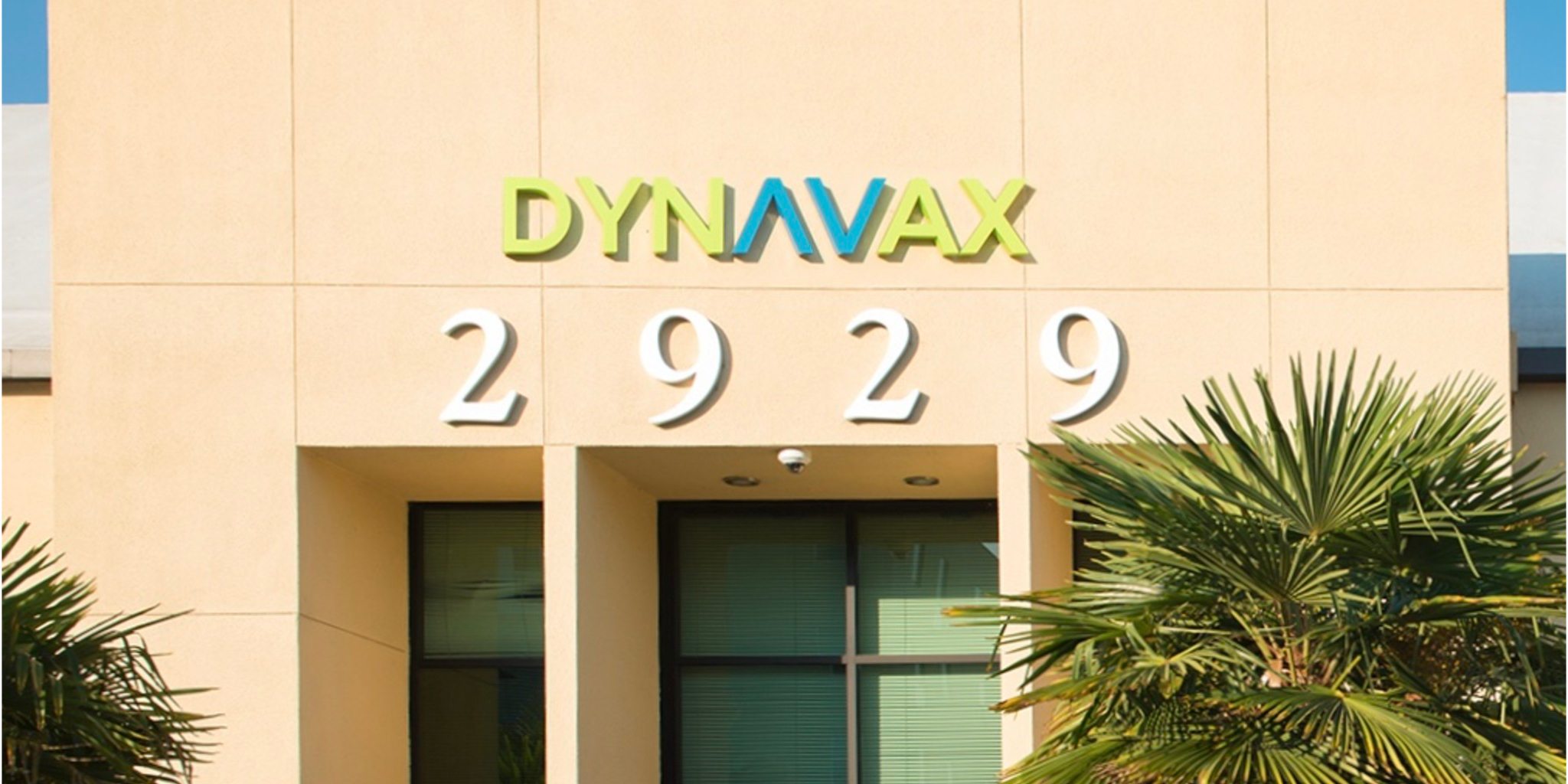Dynavax Technologies Corporation has announced that its experimental shingles vaccine exhibited immune response levels comparable to those of GSK’s widely used vaccine, Shingrix, in the initial phase of a head-to-head clinical study. This early data marks a significant milestone for Dynavax, as the company aims to establish its vaccine as a viable alternative in the market.
The clinical trial, conducted in the United States, focused on comparing the immune responses elicited by both vaccines among participants. According to Dynavax, the findings indicate that their vaccine not only matches but also demonstrates similar efficacy in stimulating the immune system against the varicella-zoster virus, which causes shingles.
Study Highlights and Implications
The results released by Dynavax are based on the first part of the study, with further evaluations expected to provide more comprehensive insight into the vaccine’s performance. The company emphasized that achieving comparable immune response levels to Shingrix, which has generated significant revenue and is regarded as the gold standard in shingles vaccination, is a promising development.
The shingles vaccine market is substantial, with millions of adults at risk of developing this painful condition. According to the Centers for Disease Control and Prevention (CDC), approximately one in three people in the United States will develop shingles in their lifetime. With Shingrix generating over $2 billion in sales annually, the potential for Dynavax’s vaccine could represent a lucrative opportunity for the company, should further studies confirm its safety and effectiveness.
Dynavax has been working diligently on its vaccine, and these preliminary results are expected to boost investor confidence. The company’s stock experienced a notable uptick following the announcement, reflecting market optimism about the potential for a competitive product in the shingles vaccine landscape.
In a statement, Dynavax’s Chief Executive Officer, Ryan Spencer, remarked on the significance of the results: “We are encouraged by the immune response data, which supports our belief in the potential of our shingles vaccine to provide a strong defense against this debilitating disease.”
The next steps for Dynavax will involve the completion of the ongoing study and additional trials to further assess the long-term efficacy and safety profile of its vaccine. The company also plans to engage with regulatory authorities to discuss the pathway for market entry.
As the global population ages, the demand for effective vaccines against shingles is likely to continue rising. With its promising initial results, Dynavax could play a vital role in addressing this public health need, potentially providing a new option for millions at risk of shingles.
